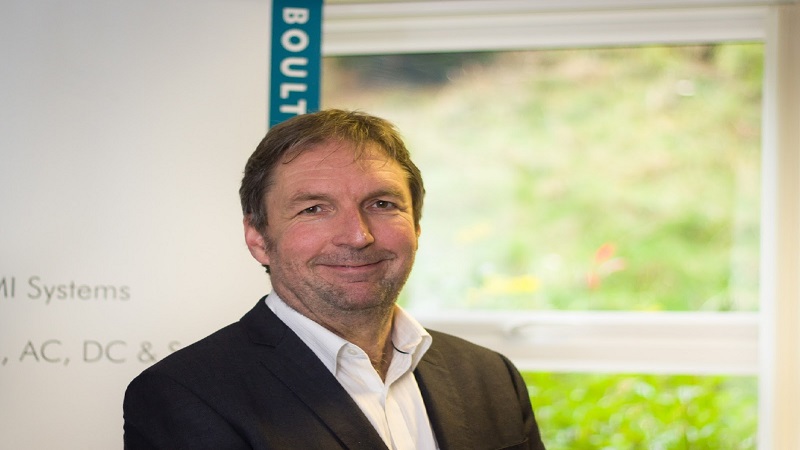Despite a decreasing supply of fossil fuels, 90 per cent of the energy used around the world is still generated from non-renewable sources. To adapt to the growing demand for continuous energy, companies and governments everywhere are taking advantage of new tools to manage the amount of energy consumed in buildings and industrial facilities – smart technology. Here Nick Boughton, sales manager of systems integrator, Boulting Technology, discusses how smart technology can ensure sustainability and improve energy efficiency.
Smart circuit breakers
For an approximate 15 years, high and medium voltage grid applications in the UK have been using smart technology. In this context, the term ‘smart’ refers to technology that uses detailed analytics and adjusts supply to suit peaks or troughs in demand automatically. In recent times, we have also started to see intelligent technology introduced to low-voltage applications.
Every building is equipped with low-voltage circuit breakers that control and protect the distribution of power for systems like lighting, HVAC and IT systems. Traditionally, these have been straightforward on/off dumb switches based on tried and tested technology because they have to remain reliable over long periods of time. However, in the quest for greater energy efficiency and smarter control of low-voltage applications, more intelligent breakers are required in modern office environments.
Virtual power plants
As energy usage becomes even more important, we’re also noticing an influx in the amount of virtual power plants in the world. A virtual power plant is a link-up of smaller, distributed power stations, such as wind farms, hydropower plants and biogas units.
These plants are designed to balance the power grid, while maximising user’s energy efficiency. Virtual power plants have the technology to forecast a user’s power needs and perform real-time optimisation of energy resources in accordance. In addition, because virtual plants generate energy from a range of renewable sources, there is minimal danger of a power outage due to the multitude of back-up sources.
Smart meters
Most people are aware of the popularity of smart electricity meters home environments. However, this technology is now being used increasingly in industrial applications. Deploying a smart meter not only allows users to alter their energy consumption from a smart device, but they can also reduce the need for manual meter readings. It has also been suggested that smart meters provide a more accurate measurement of consumption.
For businesses in particular, even the smallest reduction on their energy bill can make a huge difference. While reducing energy bills is the main driver in the smart meter takeover, its effect on energy efficiency is the main reason it is proving so popular in industrial applications.
The UK government is aiming to deliver 15 per cent of the UK’s energy consumption from renewable sources by 2020; enabling UK businesses to have a sustainable energy source, and not come into trouble further down the line. While alternative energy sources are a big part of the UK’s plan for energy sustainability, smart technologies and better energy management are just as important.
Boulting Technology’s sales manager, Nick Boughton has a BSc. in Computer & Control Systems and has worked in the automation industry for over thirty years. Boughton holds extensive experience in with automation equipment vendors, process OEMs and system integrators.




